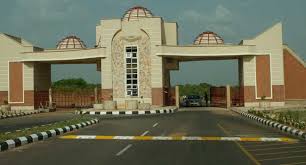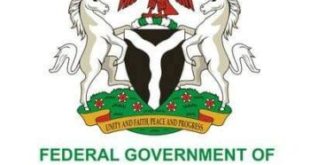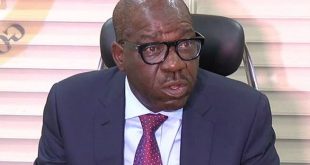The Senate President, Dr Bukola Saraki, Kwara State Governor, Alhaji Abdulfatah Ahmed, renowned lawyer and founder of Afe Babalola University, Chief Afe Babalola, as well as university heads from the United States of America, England, Eastern Europe, are expected to herald the meeting of Association of Vice Chancellors of Nigerian Universities (AVCNU) between 8th and 12th of October, 2017.
The event, which is billed to hold at the Kwara State University (KWASU), will have no fewer than 600 management team members from 147 universities in an event where the challenges and prospects of running a 21st century university in the country will be discussed.
Deputy Vice Chancellor (Administration Designate) of KWASU, Prof Saka Mahmud and Chairman, Local Organising Committee of the meeting, said the institution will use the forum to make the development of local tourism its main goal at the meeting.
He said the institution would work with its Hotel and Tourism Management department, to showcase the local tourism opportunities in Kwara State during the meeting.
Mahmud, who is also the Provost, College of Humanities, Management and Social Sciences of the institution, said participants would also x-ray the issue of innovation, employability and future of Nigerian graduates, the leveraging of open university resources as well as how to combat corruption and enhance integrity in the running of higher institutions in the country.
“The 21st century belongs to knowledge and in the era of globalisation it has become imperative and more relevant even for the universities which are home to knowledge. We face challenges of global ranking, we face challenges of capital flight, we face challenges of making our resources open to access to enhance our international status, so we shall be looking at all of these.
“If you check, you may not find any Nigerian university in the global list of institutions that share their resources openly and when it comes to global ranking we are still very far.
“The issue of innovation, employability and future of Nigerian graduates is also a challenge to heads of universities in the 21st century given the fact that many employers of labour are not ready to employ our graduates because a lot of them lack the required skills needed on the job. So what are we going to do as universities, as teachers and educators? We want to look at this by taking experiences from outside the country.”
On the aspect of tourism, Mahmud said the organising committee had concluded arrangements with the Ilorin traditional cloth weavers, the Esie museum and others across the state to mount an exhibition at the meeting venue, saying such would prompt participants to develop more interest in the cultural artifacts and products from the state.
 National Telescope national telescope newspaper
National Telescope national telescope newspaper



